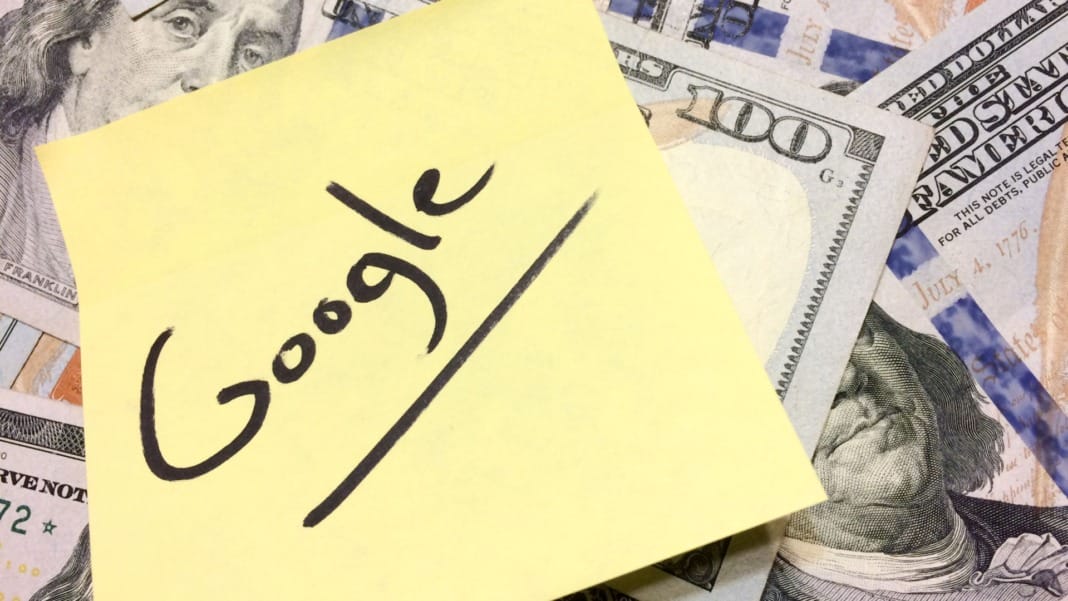Google has warned nonprofit newsrooms that it might reduce funding to the Google News Initiative, which currently provides over US$300 million across thousands of news outlets. This comes after Google threatened to remove links to California news outlets in response to a new state bill, according to Axios.
California’s proposed tax on tech giants
The tech giant issued this warning regarding a new California bill designed to support local news outlets. If this bill is passed, it will impose a 7.25 percent tax whenever large companies like Google sell user data to advertisers. The revenue from this tax would then be used to provide tax credits to news outlets in California.
While this law would only be applicable in California, Google has indicated that it could pause new grants nationwide. Sources informed Axios that Google is concerned about this setting a “wider precedent for other states.” Last month, Google tested removing links to California news outlets in response to the California Journalism Preservation Act (CJPA). This bill would require major tech platforms, such as Google and Meta, to pay for linking to articles from California-based news publishers.
Google’s previous and current actions
When asked for a comment, Google directed us to an April post about the CPJA. In that post, Jaffer Zaidi, Google’s vice president of news partnerships, wrote that the company is “pausing further investments in the California news ecosystem, including new partnerships through Google News Showcase, our product and licensing programme for news organisations, and planned expansions of the Google News Initiative.”
News publishers have long claimed that big tech should pay them more for publishing links to their articles, and rightly so. A working paper published last year estimated that Google would owe publishers between US$11.9 billion and US$13.9 billion per year if a nationwide law were enacted. Other countries with similar legislation, like Australia and Canada, faced similar threats from Google. However, the company ultimately negotiated deals to compensate outlets in both countries.





